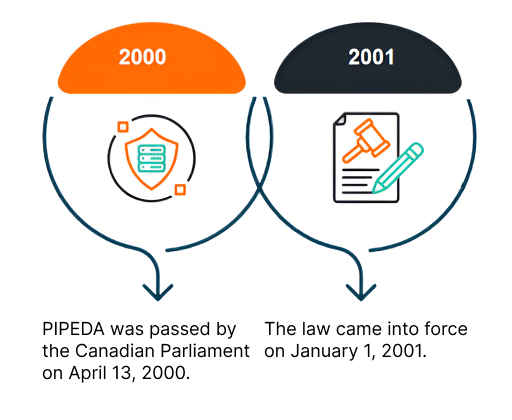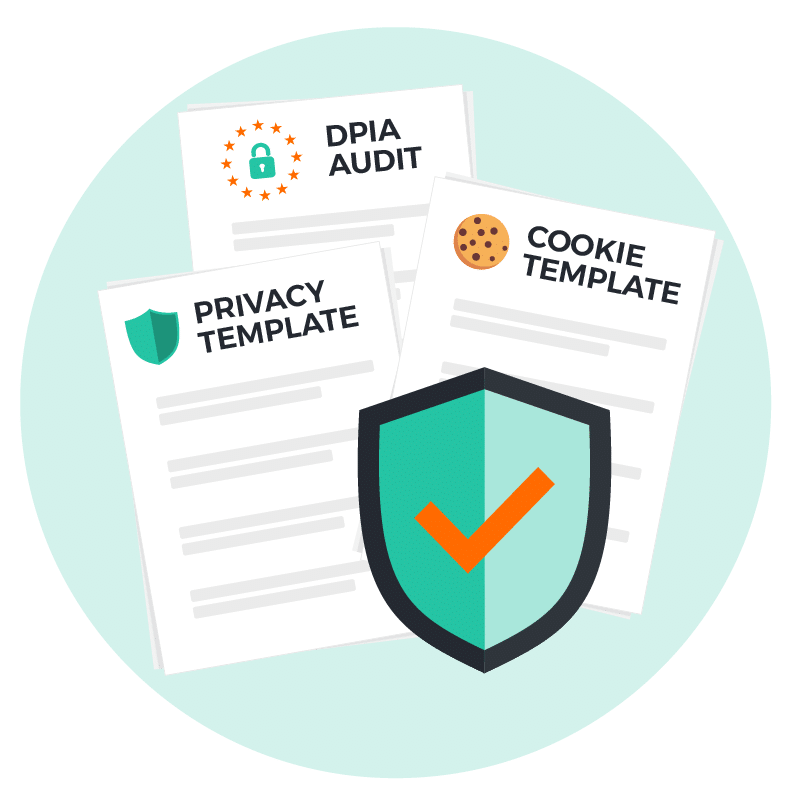
Main Menu




Accountability

Identifying purposes

Consent

Limiting collection

Limiting use, disclosure, and retention

Accuracy
Safeguards

Openness

Individual access

Challenging compliance
Click here for more about how to comply with these 10 principles in your organization.
Right to Know
Right to Access
Right to Correction
Right to Withdraw Consent
Right to Erasure
Right to File a Complaint
Establish and update your privacy policy
Review legal basis for processing personal data
Document all data that is collected/processed
Map personal information fields to each internal database
Appoint a person / team /Data Protection Officer who can own data privacy best practices and respond to incoming Data Subject Access Request (DSARs)
Meet proper deadlines
Audit/create reports showing your data landscape, purpose, and DSARs completed to date
Understand all exemptions under PIPEDA
Decipher between data definitions as they differ between state laws